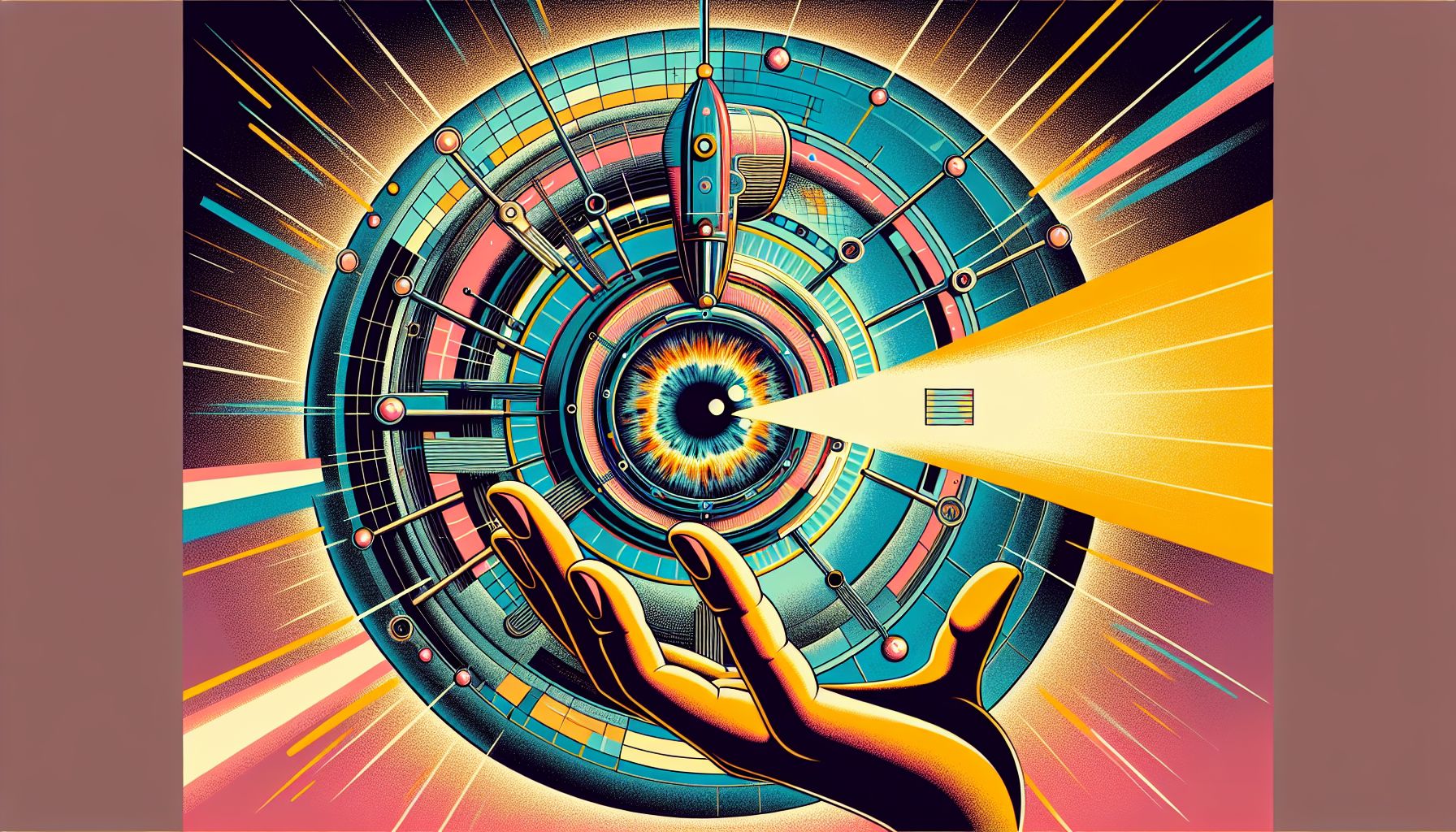OpenAI Co-Founder Unveils New Eye-Scanning Technology to Combat AI Deepfakes

San Francisco, Sunday, 20 October 2024.
Sam Altman’s ‘World’ project introduces an advanced iris-scanning ‘Orb’ to verify human identity in the AI era. The technology aims to distinguish real people from deepfakes, addressing growing concerns about digital impersonation. Despite privacy concerns, World plans global expansion of its biometric verification system.
Technological Innovation and Its Benefits
The ‘World’ project, spearheaded by Sam Altman, a co-founder of OpenAI, represents a significant leap in biometric verification technology. With the introduction of the new iris-scanning ‘Orb,’ the project aims to authenticate human identity amidst the rise of AI-generated deepfakes. This advanced technology not only enhances security in digital interactions but also serves as a preventive measure against fraudulent activities, such as impersonation via video calls. By integrating blockchain technology, the World initiative offers a secure and reliable method for verifying identities, which is increasingly critical in today’s digital landscape.
How the Iris-Scanning Orb Works
The Orb device, developed by Tools for Humanity, uses Nvidia’s Jetson chipset to deliver high-performance AI capabilities for swift identity verification. It employs both infrared and visible light cameras to scan and authenticate users’ irises. Once scanned, users receive a World ID, which serves as a secure digital credential. This ID allows users to prove their human identity across various platforms without revealing extensive personal information. Notably, the Orb does not store images; instead, it sends data directly to the user’s device, ensuring greater privacy and security[1][2].
Global Expansion and Privacy Concerns
Despite the promising aspects of this technology, the World project faces scrutiny and regulatory challenges. Concerns about privacy and data security have led to investigations and temporary suspensions in several countries, including Kenya and the EU member states[3]. However, the project’s global reach continues to expand, with plans to introduce the Orb in regions such as Latin America, Australia, and parts of Africa and Asia. The initiative aims to increase the availability of Orbs by a thousandfold, facilitating wider access to biometric verification and reinforcing trust in online interactions[4][5].
Future Prospects and Challenges
While the World project is poised to revolutionize identity verification, it must navigate significant hurdles. The project’s reliance on a global database of biometric data raises ethical and privacy concerns, particularly regarding data ownership and consent. Furthermore, the company’s strategy of distributing Orbs globally requires careful management to ensure compliance with diverse regulatory environments. As the initiative progresses, maintaining transparency and building public trust will be crucial for its success. Ultimately, the World project exemplifies the potential of AI and blockchain technologies to address contemporary challenges in digital security and identity verification[6][7].

